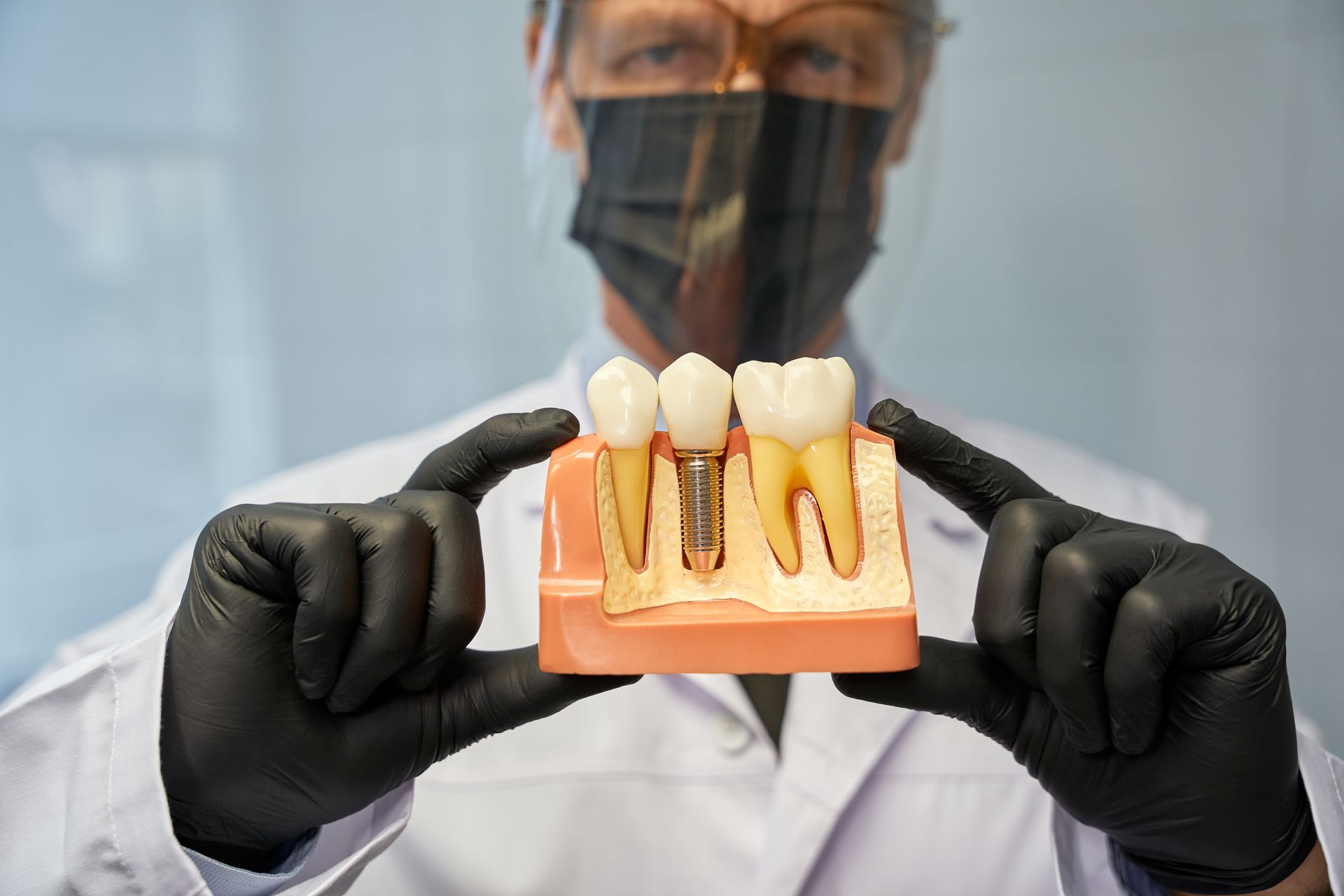Are Dental Cleanings Painful?
Dental cleanings are essential to maintain optimal oral health, but for people with
sensitive teeth, the experience can seem intimidating. Thankfully, dental technology and techniques have significantly advanced, making routine cleanings more comfortable than ever.
Why Do Teeth Feel Sensitive During Cleanings?
Sensitive teeth typically arise from enamel erosion or gum recession that exposes the tooth's underlying dentin, which contains microscopic tubes connecting directly to nerves. During cleanings, sensations from tools, water, or even cool air might cause brief discomfort.
How to Make Dental Cleanings Comfortable for Sensitive Teeth
Here are a few strategies your dentist can use to minimize sensitivity during your cleaning:
- Desensitizing Toothpaste: Using toothpaste specifically formulated for sensitive teeth several weeks before your appointment can significantly reduce sensitivity.
- Topical Fluoride Treatment: Fluoride helps reinforce enamel and can reduce sensitivity by sealing dentinal tubules.
- Gentle Techniques: Skilled hygienists use gentler, slower techniques and specialized instruments designed to minimize pressure and discomfort.
- Numbing Agents: For those with extreme sensitivity, mild anesthetics or numbing gels can make your visit significantly more comfortable.
Tips for Before and After Your Cleaning
- Before: Communicate your sensitivity clearly with your hygienist or dentist. Use sensitive toothpaste consistently leading up to your visit.
- After: Avoid extremely hot, cold, or acidic foods and drinks immediately following your cleaning to prevent triggering sensitivity.
Why Regular Cleanings Are Essential, Even with Sensitive Teeth
Avoiding dental cleanings can exacerbate sensitivity and other dental issues over time. Regular professional cleanings help reduce plaque buildup, prevent gum disease, and ultimately decrease sensitivity by improving overall oral health.
By proactively addressing sensitivity and clearly communicating your concerns, you can have a comfortable, stress-free dental cleaning experience, paving the way for healthier, happier smiles.
FREQUENTLY ASKED QUESTION'S
ABOUT Are Dental Cleanings Painful?
How painful should a dental cleaning be?
Dental cleanings typically cause minimal discomfort. Any mild discomfort usually comes from tooth sensitivity or gum inflammation, which gentle techniques can minimize.
How much does dental cleaning hurt?
Most dental cleanings involve very little to no pain. Mild sensitivity or minor discomfort can occur, but advanced technology and careful hygiene practices significantly reduce any discomfort.
What does teeth cleaning feel like?
A teeth cleaning typically feels like gentle scraping or vibration on your teeth. Many patients find the procedure comfortable, with minimal sensations and no significant pain.
Do they numb you for teeth cleaning?
Most dental cleanings do not require numbing, but if you experience high sensitivity, your dentist can apply a topical numbing gel or local anesthesia to enhance comfort.
How long does a teeth cleaning take?
A standard teeth cleaning usually takes between 30 minutes to an hour, depending on your oral hygiene and sensitivity needs.




